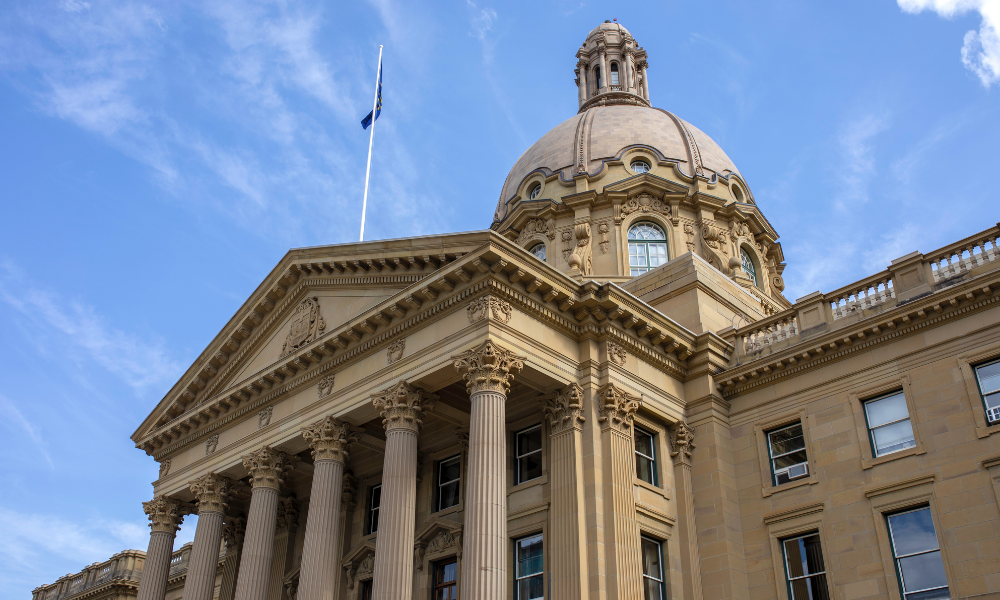
Non-profit org calls for focus on approaches supporting recovery without breaching freedoms

The Canadian Civil Liberties Association (CCLA) said it strongly opposes Alberta’s Bill 53, the Compassionate Intervention Act, and claimed that forced treatment for addicted individuals may cause harm, including higher relapse and overdose rates.
Harini Sivalingam, director of CCLA’s equality program, urged the Alberta government to abandon the proposed legislation and focus instead on voluntary, evidence-based solutions respecting individuals’ rights and dignity and approaches supporting recovery without breaching fundamental freedoms.
In the CCLA’s press release, Sivalingam claimed the proposed law may violate fundamental rights, threaten personal autonomy and individual rights to make decisions about one’s body and healthcare, and force people into treatment based on subjective assessments without their consent.
Sivalingam added that involuntary treatment cannot solve the serious issue of addiction and may risk abuse and further stigmatization of vulnerable individuals.
The provincial government announced the introduction of the Compassionate Intervention Act on Apr. 15. Alberta’s government said the proposed legislation seeks to provide eligible persons with assessment, stabilization, treatment, and aftercare support.
The proposed law provides for “compassionate intervention,” which would allow adult family members, guardians, healthcare professionals, police, or peace officers to apply for a treatment order for those who have addiction or substance use challenges endangering themselves or others.
Under the proposed legislation, adults likely to cause substantial harm to themselves or others within a reasonable time due to their substance use or addiction may be eligible for a care plan via compassionate intervention. The proposed law lowers that threshold for young people to enable intervention before the point of imminent danger and life-threatening harm.
Alberta’s government said compassionate intervention is part of its recovery model, which aims to reflect the underlying belief that those dealing with mental health or addiction issues deserve the chance to recover and lead a life filled with purpose.
“This is an opportunity to bring forward a world-leading program that will restore health to our most vulnerable Albertans, many of whom are facing the most severe addictions,” said Dr. Rob Tanguay, Recovery Alberta’s interim senior medical lead for compassionate intervention, in Alberta’s news release.
“I look forward to working with Recovery Alberta and Alberta’s government to help lead a thoughtful and evidence-informed implementation of compassionate intervention,” Tanguay added in the news release.